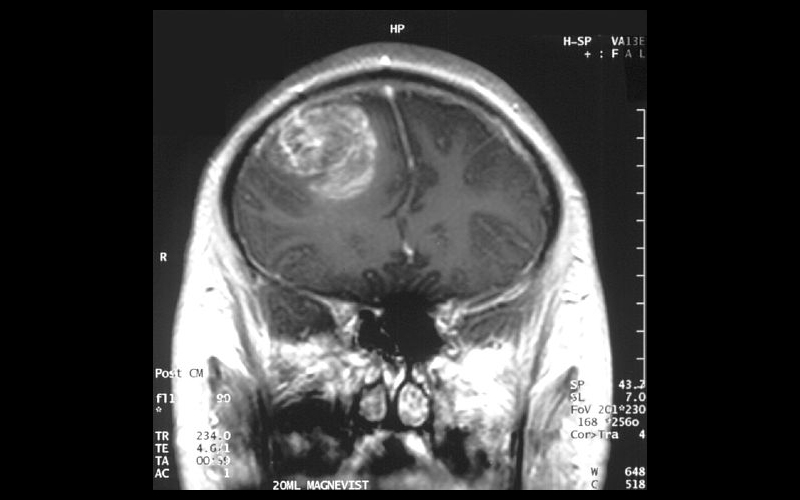
A rogue protein that fuels the deadliest brain cancers has been identified by scientists in a breakthrough that opens the door to bettering what is normally a 10% survival rate.
The scientists used gene editing to deactivate the protein, which stopped the tumor growth in its tracks—a hugely encouraging sign.
Glioblastomas have one of the lowest survival rates of any cancers, with fewer than 10% of patients living past 3 years.
“The aggressiveness of glioblastoma is notorious,” said the new paper’s lead author Professor Alea Mills. “The norm is to do surgery, treat with harsh drugs and just hope for the best.”
Mills and her team identified an Achilles heel of glioblastomas, which not only could lead to better treatments, but also explain in part why they and other cancers are so aggressive.
Bromodomain-containing protein 8, or BRD8, was found to suppress the activity of one of the most important cancer-preventing parts of a cell, the P53 gene. P53 codes for proteins which stop cells dividing when they should otherwise die, and almost all cancers depend on disruptions in P53 activity or production.
MORE GOOD CANCER NEWS: ‘Ground Breaking’ Patient Who Survived 12 Different Types of Cancer Could Hold Key to Detection and Treating
In experiments the researchers deactivated BRD8 using a pioneering gene editing technique. Without overactive BRD8, the P53 proteins coded normally again, and the tumours, transplanted into mice from human patients, were stopped in their tracks.
When BRD8 was deactivated, P53 was unlocked—the tumors stopped growing and the rodents lived longer.
The findings in Nature suggest drugs targeting the heart of BRD8 could work against glioblastoma.
Professor Mills hopes it will help turn deadly brain cancer into a treatable disease, dramatically extending life expectancy of patients.
SHARE This Encouraging Discovery With Your Friends…



















